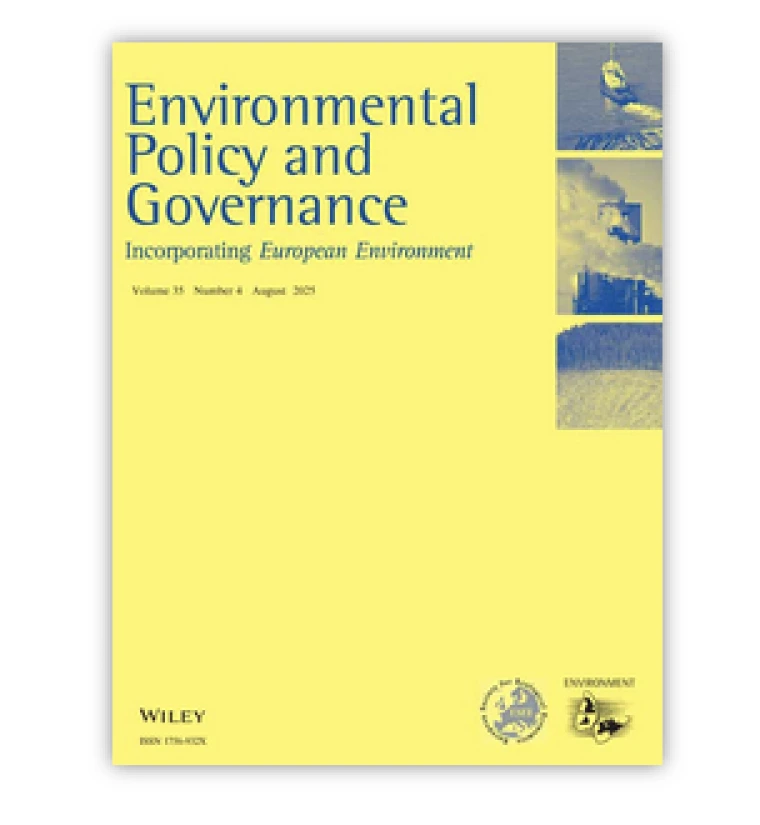Over the past decade, there has been growing attention to the issue of contamination in drinking water from PFAS, or “forever chemicals.” While substantial scientific research has emerged regarding this issue, less is known from the perspective of governance and policy. In the US, this is partly due to a lack of meaningful action by the country's leading regulatory agencies, until recently. In the absence of federal leadership, some policy efforts have been underway at state and local levels. This research seeks to illustrate these efforts in one community where the response to PFAS contamination in municipal water has had some comparative success. In the desert community of Tucson, Arizona, in the southwestern US, agencies have gone beyond the norm to expand sampling, shut down wells, invest in mitigation technologies, engage the local community, and construct new treatment facilities. Their efforts highlight the local community as a critical site for multilevel collaboration. Still, many challenges are encountered at the local level, and these are shaped by a place's unique history, relationships, and geography. Through interviews with water officials and community leaders, we use an environmental federalism lens to better understand the roles, challenges, and local context of PFAS response. This research offers relevant insights into the complex governance of PFAS and emerging contaminants more broadly.


